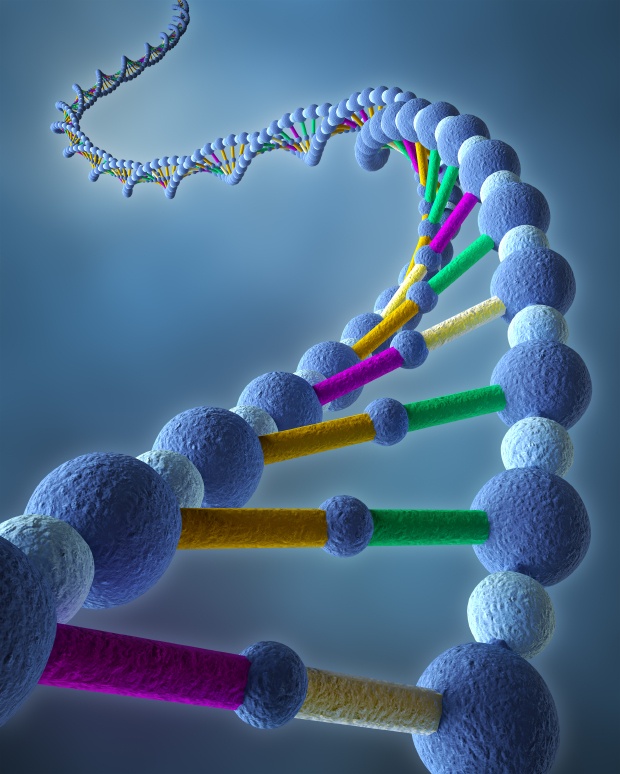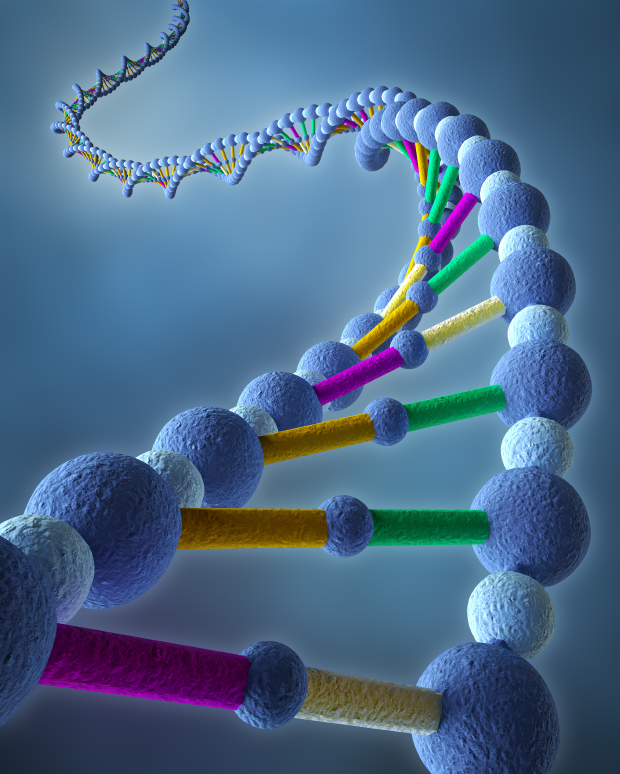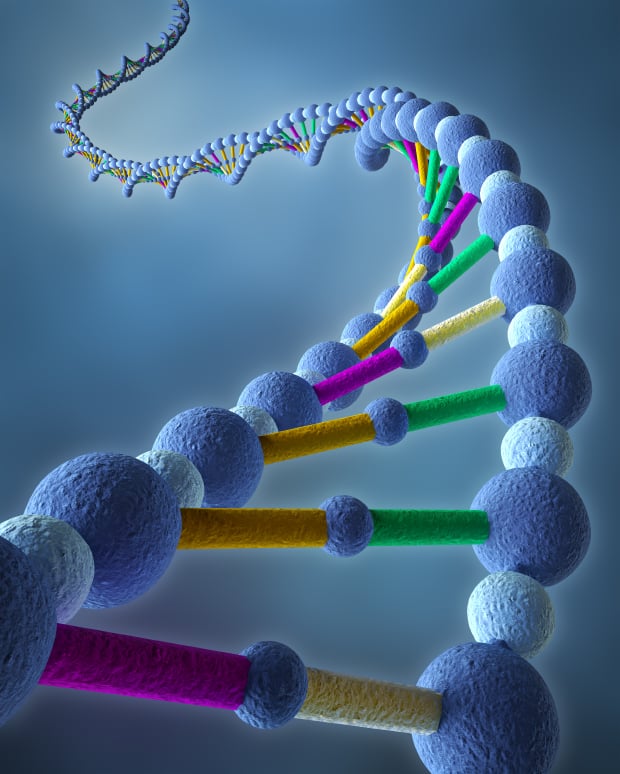A quote from the Gene Environment Interaction Fact Sheet [1] from the Centers for Disease Control states that virtually all human…
“…diseases result from the interaction of genetic susceptibility factors and modifiable environmental factors, broadly defined to include infectious, chemical, physical, nutritional, and behavioral factors. This is perhaps the most important fact in understanding the role of genetics and environment in the development of disease. Many people tend to classify the cause of disease as either genetic or environmental. Indeed, some rare diseases, such as Huntington or Tay Sachs disease, may be the result of a deficiency of a single gene product, but these diseases represent a very small proportion of all human disease. Common diseases, such as diabetes or cancer, are a result of the complex interplay of genetic and environmental factors.”
As a functional medicine physician, for years I have incorporated genetic testing to help me diagnose the root causes of health problems. I would often find that the CDC was spot on about the environmental and genetic factors in the development of disease. Once identified, physicians can work to correctly reverse environmental factors such as chronic infections, gastrointestinal disorders and toxicities as well as altering genetic expression which underlie many diseases, disorders and rapid aging.
It is important to remember that genetics may be turned “on” or “off” depending on the environmental factors- genes are modifiable.
The Dominoes of Healthcare
Read More
.png?width=305&height=132&name=NIHAlogoBLUE_3_transparent%20(2).png)









